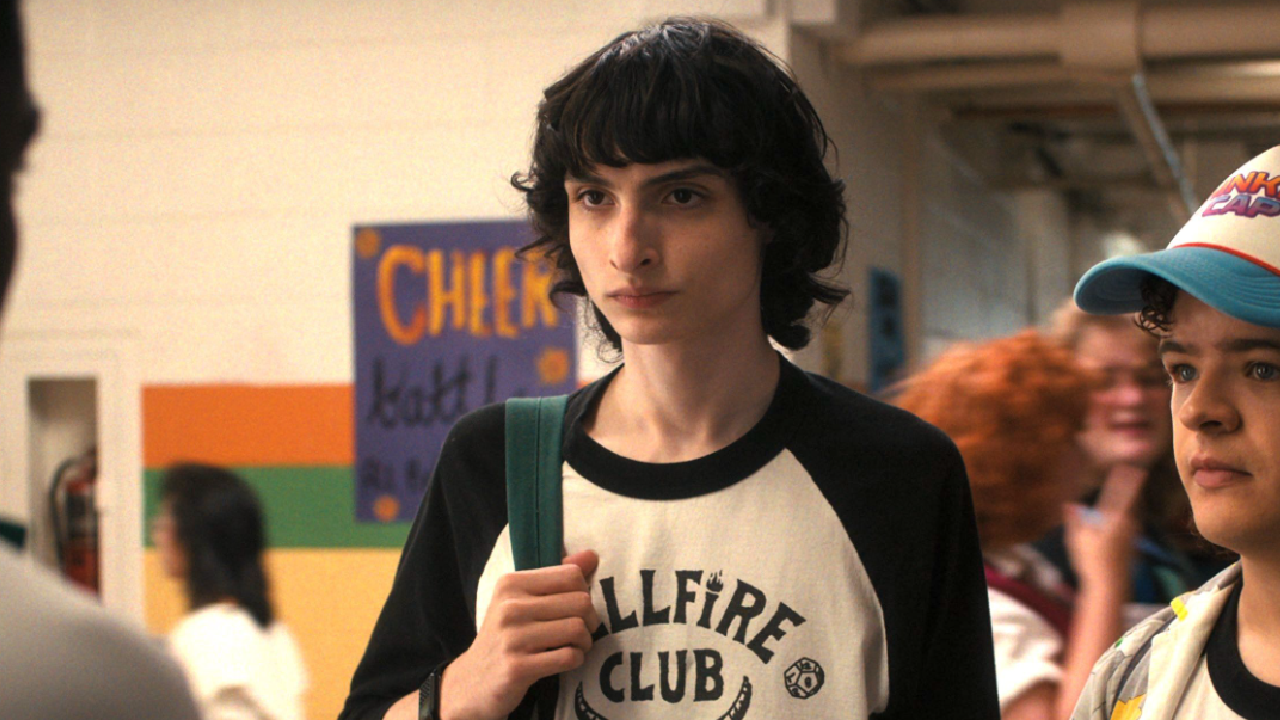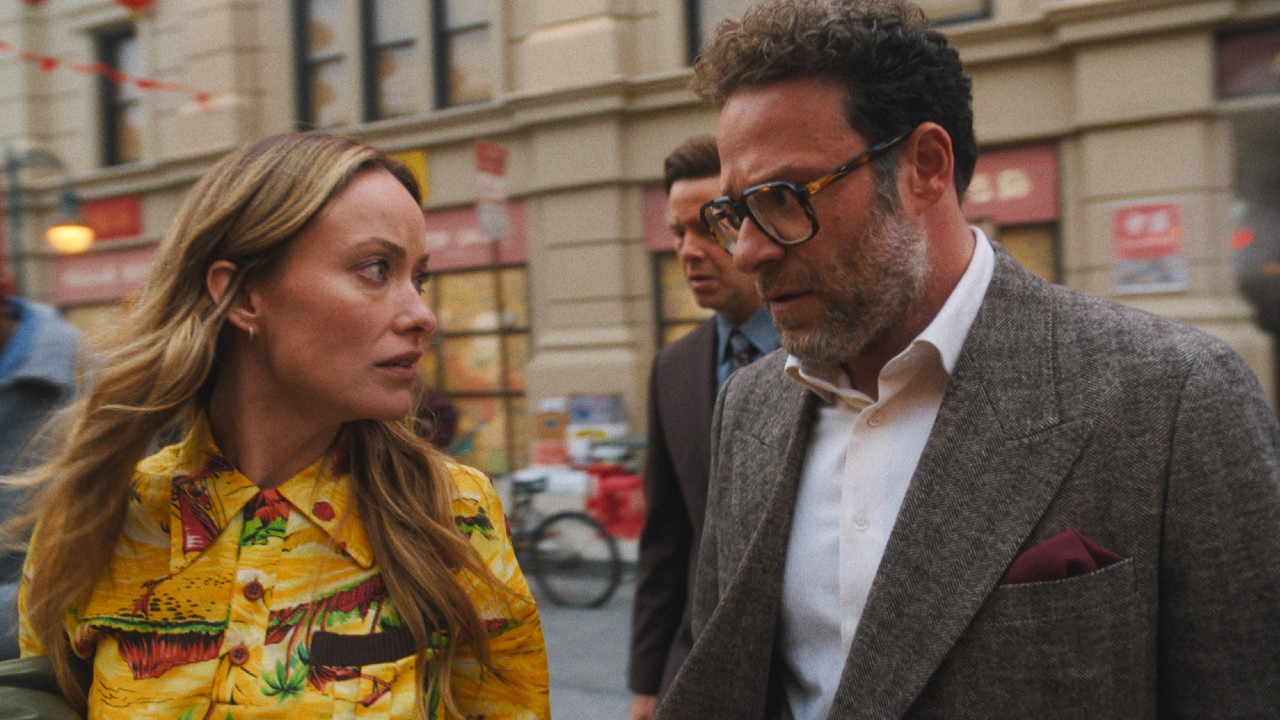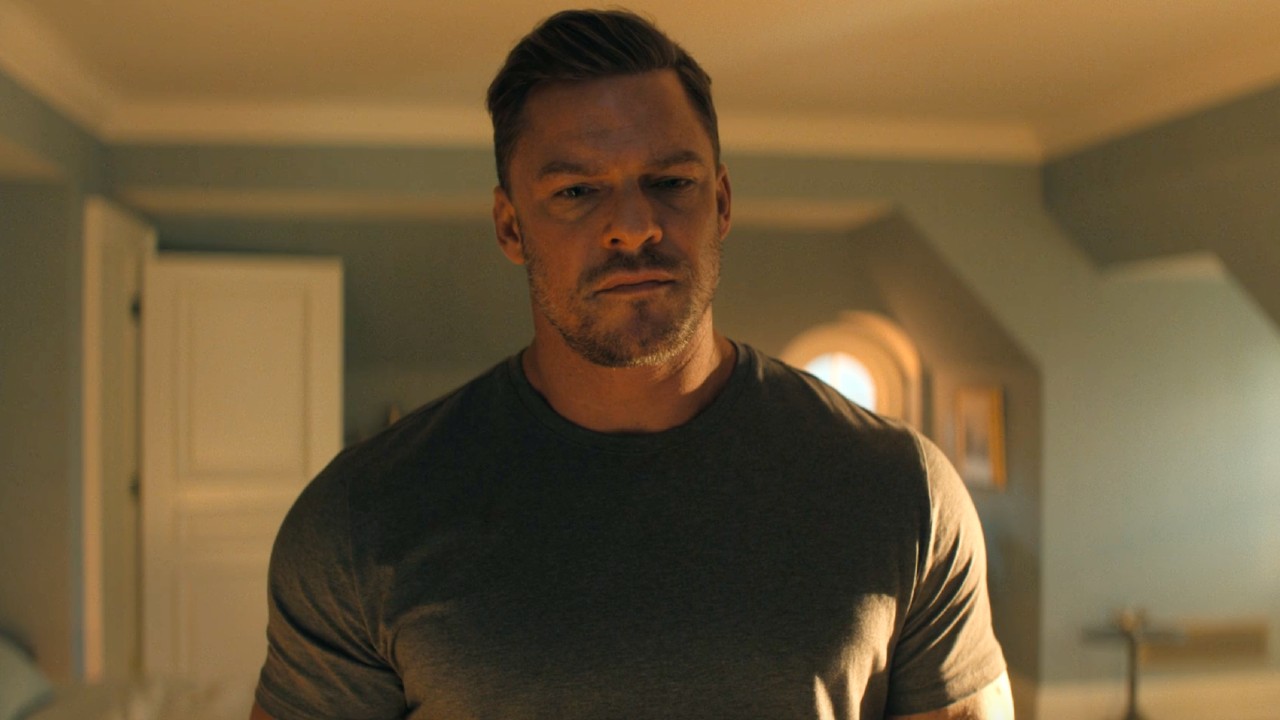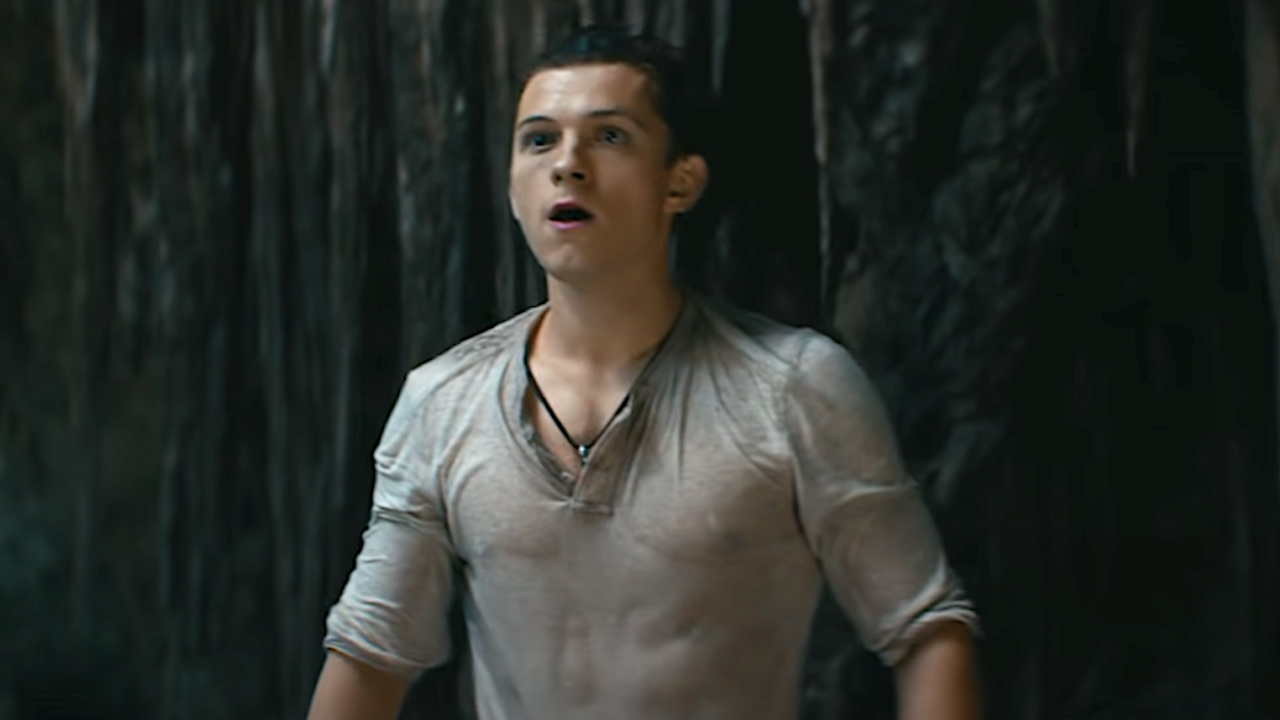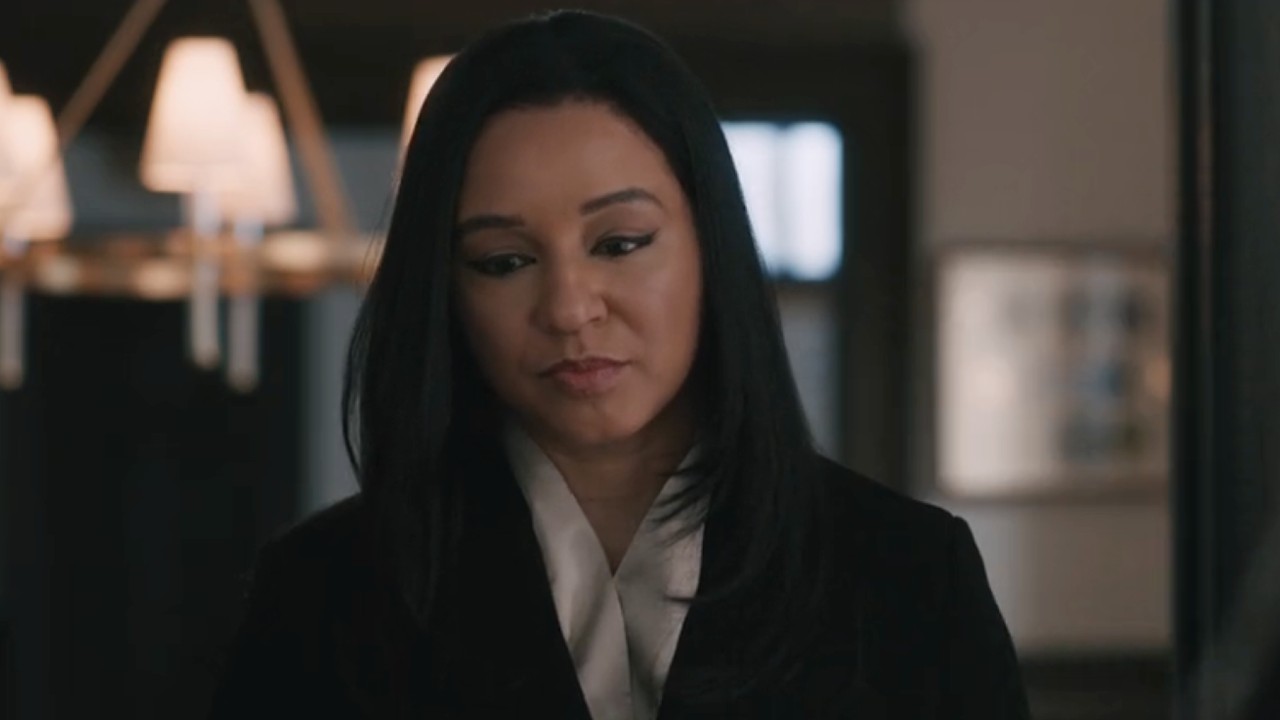Assassin's Creed: Origins Review
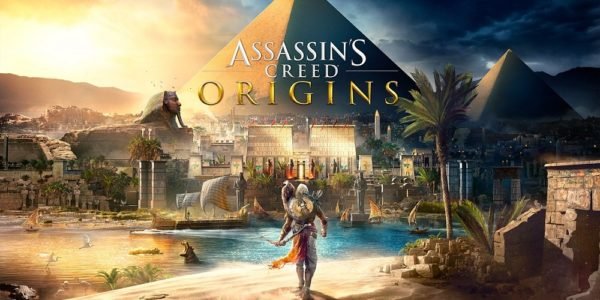
Assassin's Creed: Origins is the first game back after a long break for the previously annualized franchise. Did the long rest allow the series to come back refreshed? While some aspects of the new title have clearly benefitted by the extra time taken, other aspects of Origins feel much like they have for the last several games. That's not inherently a bad thing, if you like the Assassin's Creed games then you'll likely enjoy this one, though it would have been nice if the additional time spent on the gameplay side of things had led to the same refresh that it did on the artistic and character side.
The first thing that strikes you about Assassin's Creed: Origins is that the game is beautiful. While it's true that a lot of the scenery is light brown sand, this is Egypt after all, it's the best looking light brown sand you've ever seen in a video game. It's not the generic gray-brown tint of every shooter of the last decade, it's the look of a real desert with patches of beautiful life throughout it. Climbing to the top of large structures reveals beautiful vistas as far as the eye can see.
Which is not to say you're required to climb a lot of tall buildings. Synchronization points that reveal the map, as in every previous iteration of Assassin's Creed, are no longer required for that. They still exist. but there's fewer of them and they're much more optional. Now, simply moving into a new space and investigating reveals the map for you. At first, I was actually disappointed that the sync points were less of a focus, they'd been around so long, but that feeling of loss vanished quickly.
Assassin's Creed: Origins plays with time, as is its lot, but it does so in a stranger than usual way, in the beginning, introducing you to Bayek, a former guard of the Pharoah, before jumping you forward one year in the midst of a fight with a man Bayek wants dead. He's spent the last year hunting down a group of people, though it won't be until you complete the prologue of the game that you'll jump backward in time in order to discover exactly why. This shift back and forth is a bit disorienting, but it has the benefit of dropping you right into the thick of the action and not forcing you to wait.
However, because the game does this, one of the first things you do is get a taste of the combat and that's not where this game should have started. Assassin's Creed: Origins' combat is rough. The default control scheme of the game has been swapped so that combat is now handled on the shoulder buttons rather than running (a more traditional control scheme is available, I switched to it quickly), so it's clear Ubisoft was going for a more Dark Souls like experience. If the combat was paced the way it was in previous Assassin's Creed games that might work, but combat here is much faster and the result is you just end up dodging around like a loon and swinging your sword wildly. Assassin's Creed: Syndicate wanted its combat to be a Batman: Arkham game, Origins adds this Dark Souls element and the combination doesn't work. On the plus side, since it is an Assassin's Creed game combat can be avoided entirely in many cases. Though the hidden blade is not a guaranteed one hit kill anymore, which is insane and somebody should be slapped for that decision.
The basic structure of the story is mostly unchanged from previous titles. You have a list of people you need to go murder to progress the main quest while numerous side quests appear along the way to help you level up and provide you with upgraded weapons. However, Origins feels much more linear than previous iterations. Each main quest mission has a recommended character level attached and side quests are placed in your path to help you get to that level. Most side quests also have multiple stages to them, making them feel a bit meatier than they have previously. Having said that, with a few exceptions, they are all still just variations on "go to the place and fetch the thing" or "go to the place and kill the guy" over and over again. Once you complete a number of side quests and get your level up, you can take on the main quest. Then once you do that, you move on to the next area and do it again. The more linear feel of the game may turn off some players but I don't consider linear to be a dirty word. It makes the story as a whole feel more cohesive, and the individual missions still allow for a variety of approaches. A few side quests are really quite fun and coming across them is a pleasure.
There were numerous bugs and glitches I had to endure while playing, while none of them were as bad as the more infamous moments from Assassin's Creed: Unity, they were all frustrating and some did have an adverse impact on gameplay. Sometimes missions had to be restarted because NPCs refused to act as required. Once, my game crashed entirely. AI was also all over the map. Sometimes hyper-vigilant, other times dumb as rocks. The point of the franchise taking a year off was specifically to separate itself from, and correct the issues that led to, the Unity debacle. The issues here mean that won'y entirely happen.
CINEMABLEND NEWSLETTER
Your Daily Blend of Entertainment News
And that's frustrating because playing through the story of Assassin's Creed: Origins is compelling. Bayek and his wife Aya are more interesting than most player characters in the franchise history and it makes you want to play through to see where they go. There's also a modern-day aspect of the game which puts you in control of a real character for the first time in years. While I know I'm in the minority, I've always enjoyed the modern day side of the Assassin's Creed story, and this was a welcome addition.
While the extra development time was supposed to bring us a refreshed Assassin's Creed, it doesn't feel like we got it. This is certainly the best looking game in the franchise, and while much of the gameplay is fun, a lot of it is not new, and not all that's new works. Assassin's Creed: Origins is a welcome addition to the franchise, but it's not the one fans may have been hoping for.
This review was done with an Xbox One version of the game provided by the publisher.
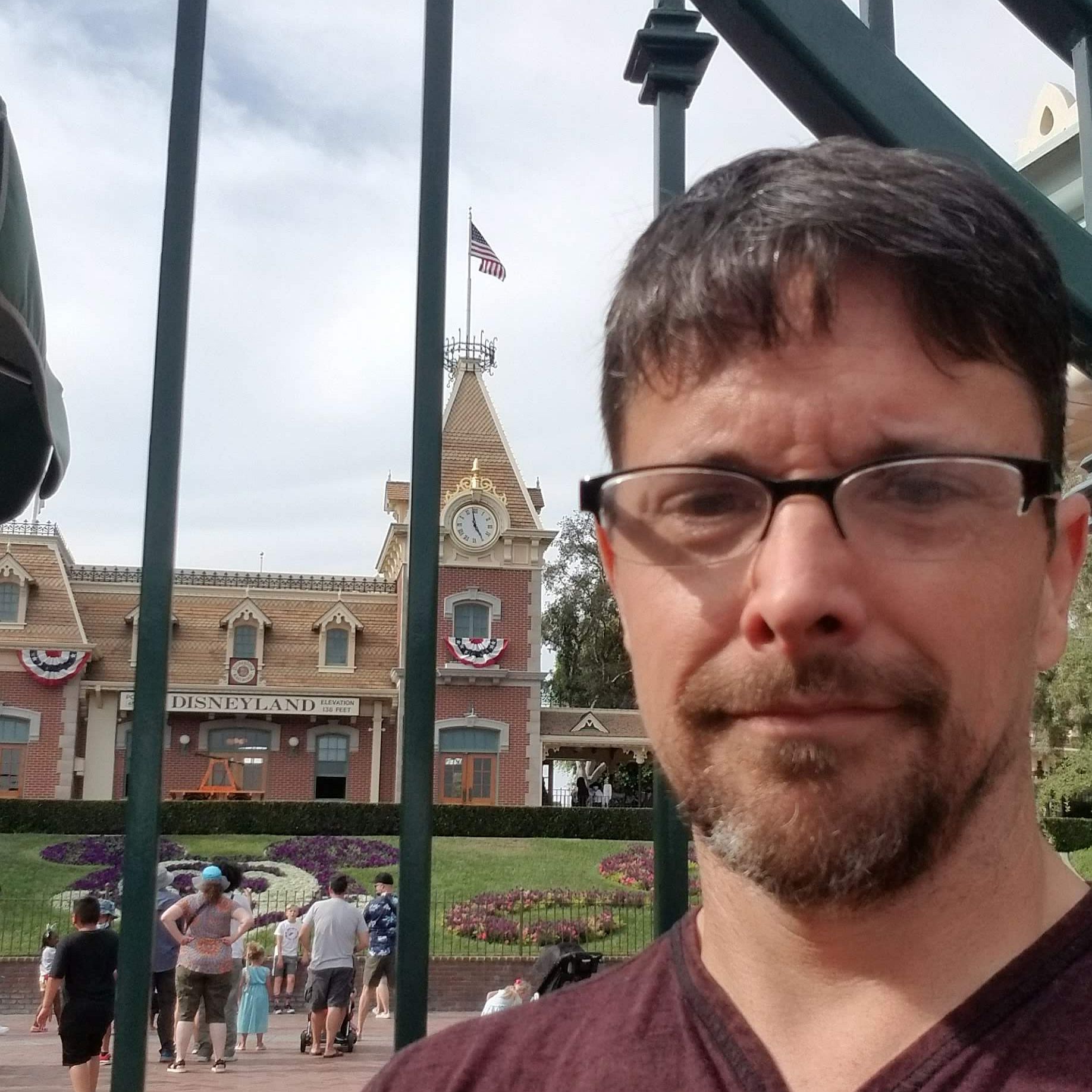
CinemaBlend’s resident theme park junkie and amateur Disney historian, Dirk began writing for CinemaBlend as a freelancer in 2015 before joining the site full-time in 2018. He has previously held positions as a Staff Writer and Games Editor, but has more recently transformed his true passion into his job as the head of the site's Theme Park section. He has previously done freelance work for various gaming and technology sites. Prior to starting his second career as a writer he worked for 12 years in sales for various companies within the consumer electronics industry. He has a degree in political science from the University of California, Davis. Is an armchair Imagineer, Epcot Stan, Future Club 33 Member.
Y2K Checked All The Boxes For This '90s Kid, But I Need To Talk Out One Issue I Had With The A24 Horror-Comedy
Finn Wolfhard Had An 'Emotional Hangover' After His Last Day On Stranger Things, And I'm Having My Own After Seeing His Comments On It
As A Star Wars Horror Project Is Reportedly In The Works, I Have An Idea That Would Make For A Chilling Movie
